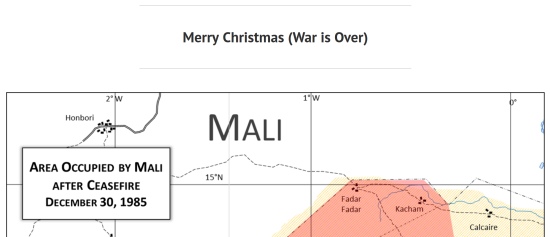Masada

In the spring of 73 AD, the rock fortress of Masada on the western shore of the Dead Sea was the site of an event that was breathtaking in its courage and self-sacrifice. Here, the last of the Jewish Zealots who, for nearly eight years, had waged war against the Roman occupiers of their country made their last stand.
The Zealots on Masada had withstood a two-year siege but with Roman victory finally assured, they were faced by two options: capture or death. They chose the latter, and when the Roman legions forced their way into the hill fort the following morning, they were met only with utter silence by row upon row of bodies. Rather than fall into enemy hands, the 960 men, women and children who had defended the fortress so heroically had committed suicide.
The story of the siege and eventual capture of Masada is unique, not just in Israeli legend, but in the history of the world. It is a story of bravery that even the Roman legionaries, well used to death and brutality, could see and appreciate. It was a massacre but a massacre with a difference: carried out by the victims themselves. The story of Masada has gone down in Israeli and Jewish folklore. It is little known elsewhere, and it is time to redress the balance.
Irgun

In October 1944, the U.S. Office of Strategic Services described the Irgun Tsvai Leumi – National Military Organization – as 'an underground, quasi-military organization with headquarters in Palestine … fanatical Zionists who wish to convert Palestine and Transjordan into an independent Jewish state … advocate the use of force both against the Arabs and the British to achieve this maximal political goal'.
In 1925, Ze'ev Jabotinsky founded the Revisionist Zionism organization, whose secular, right-wing ideology would lead to the formation of the Irgun and, ultimately, of the Likud Party. Commencing operations in the British Mandate of Palestine in 1931, Irgun adopted a mainly guarding role, while facilitating the ongoing immigration of Jews into Palestine. In 1936, Irgun guerrillas started attacking Arab targets. The British White Paper of 1939 rejected the establishment of a Jewish nation, and as a direct consequence, Irgun guerrillas started targeting the British.
The authorities executed captured Irgun operatives found guilty of terrorism, while deporting hundreds to internment camps overseas. As details of Jewish genocide – the Holocaust – emerged, Irgun declared war on the British in Palestine. Acts of infrastructural sabotage gave way to the bombing of buildings and police stations, the worst being the bombing of the King David Hotel in Jerusalem – the hub of British operations and administration – in July 1946, killing 91. Freedom fighters or terrorists – Irgun was only dissolved when the independent Jewish state of Israel was born on 14 May 1948. This is their story.








